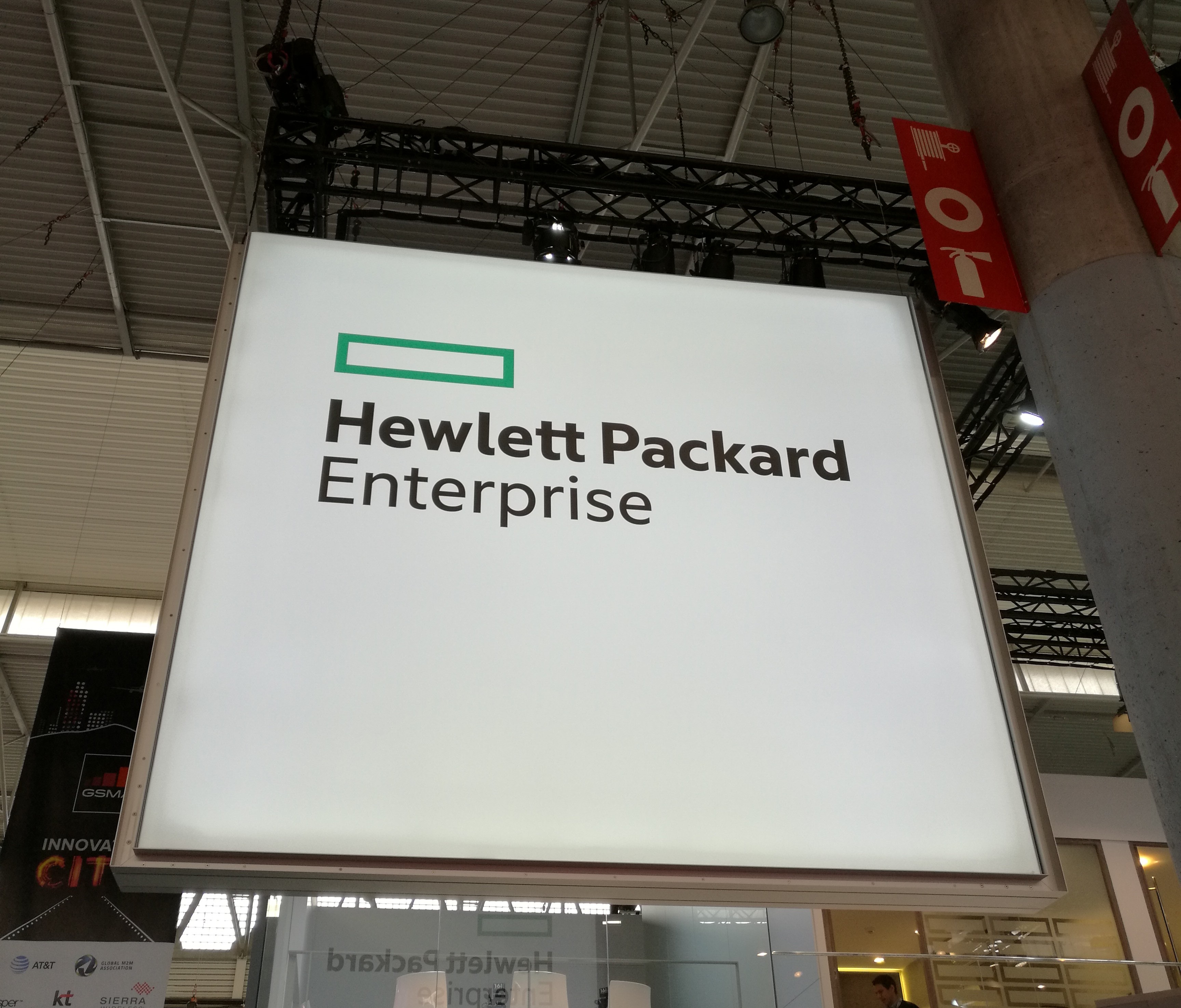

Hewlett Packard Enterprise (HPE) will be working with chemical production giant BASF to develop a supercomputer for powering industrial chemical research.
Rather than experiment with HPE’s memory-based computing found in its Machine project, the supercomputer, which HPE is claiming will be one of the largest in the world, will be based on the latest generation HPE Apollo 6000 systems.
“The new supercomputer will promote the application and development of complex modelling and simulation approaches, opening up completely new avenues for our research at BASF,” said Dr. Martin Brudermueller, vice chairman of the board of executive directors and chief technology officer at BASF.
At a specifications level, the supercomputer will achieve this by making use of Intel’s Xeon processors, commonly found in enterprise-grade servers, and use the chipmaker’s Omni-Path Fabric, which provides a architecture to network nodes in high-performance computing.
HPE management software will compliment this and ensure that the system can bring its nodes together to form a single system able to deliver more than one Peraflop of effective performance.
In real-world terms this means a multitude of compute nodes can work together in the same tasks at once and reduce the processing time it takes to complete them.
“In today’s data-driven economy, high performance computing plays a pivotal role in driving advances in space exploration, biology and artificial intelligence,” said Meg Whitman, president and chief executive officer at HPE. “We expect this supercomputer to help BASF perform prodigious calculations at lightning fast speeds, resulting in a broad range of nnovations to solve new problems and advance our world.”
This missive is not just one that is held by HPE; Nvidia has its own supercomputer aimed at powering the development of artificial intelligence applications.
And the supercomputer arena is becoming a bit of an arms race, given how the US banned Intel from exporting processors to the Chinese government for a supercomputer upgrade. The US is pretty keen on building a supercomputer arsenal, with the previous Obama administration having signed an executive order to build the world’s fastest supercomputer.
Think you know all about supercomputers? Try our superquiz!
Italy, White House issue joint statement condemning 'discriminatory' tech taxes as US seeks to end…
Italian newspaper Il Foglio says four-page AI-generated supplement published every day for a month shows…
Huawei launches Titanium edition of Eyewear 2 smart glasses with gesture controls and AI-powered simultaneous…
Gerald Yin, founder, chairman and chief executive of key Chinese chip tools maker AMEC, drops…
Intel reportedly tells clients in China some of its AI chips will now require export…
New Intel chief executive Lip-Bu Tan flattens company's leadership structure as he seeks to end…